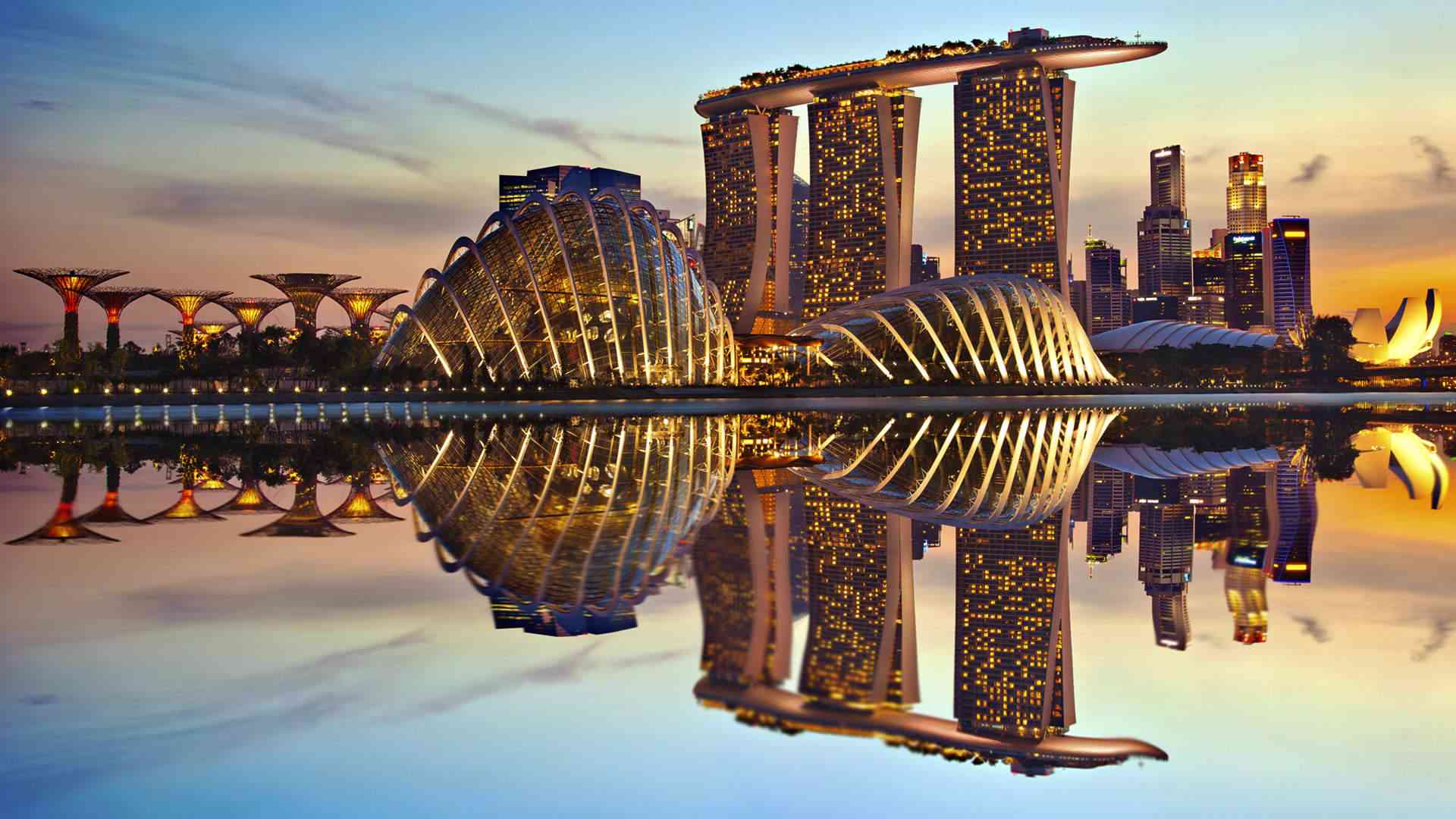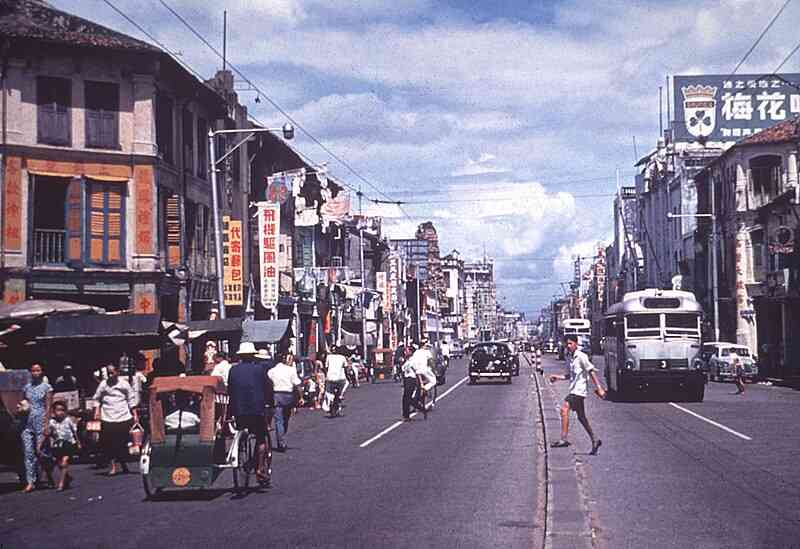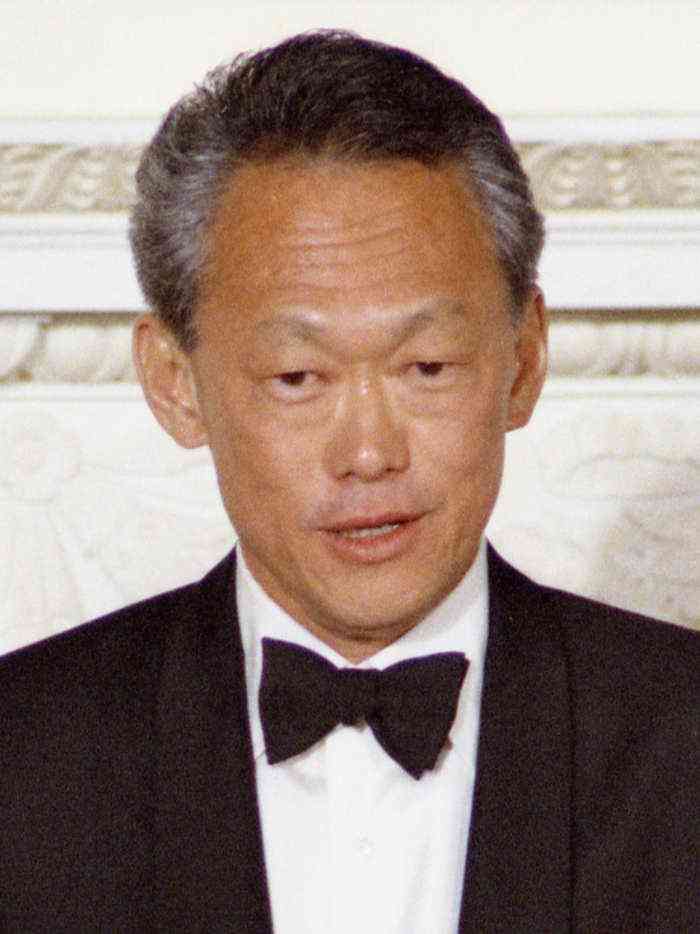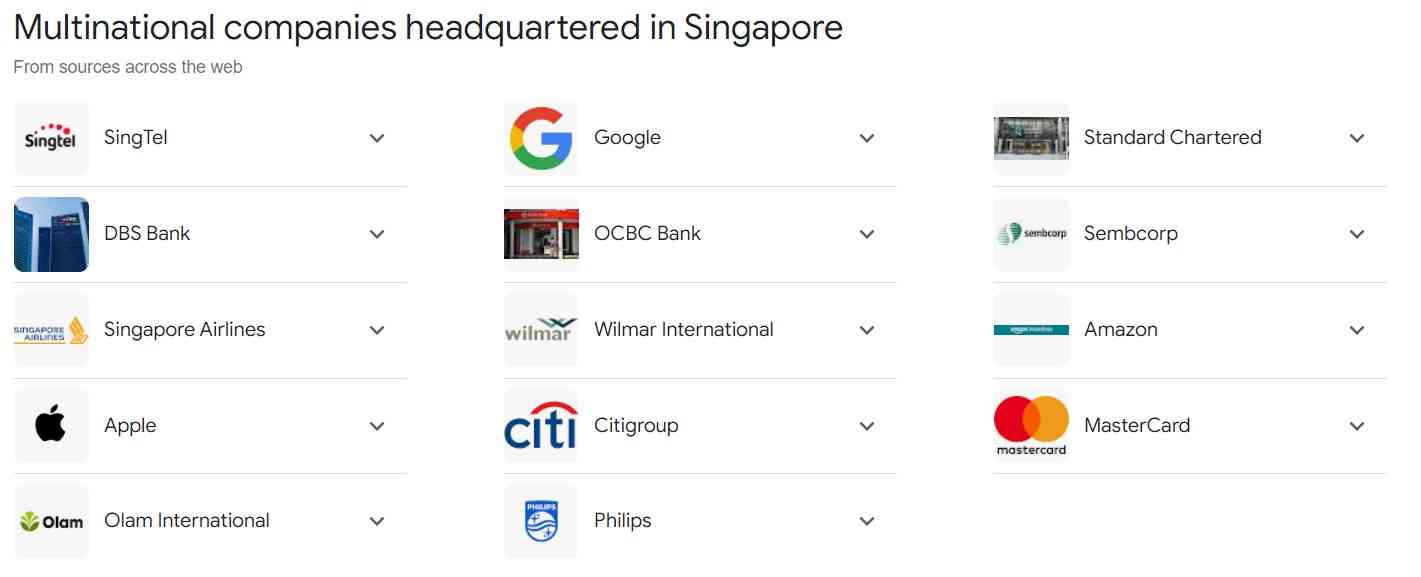 recession_wealth
10 months ago
recession_wealth
10 months ago

How Singapore Got So Crazy Rich

Introduction
How did a tiny island with no natural resources become one of the richest countries in the world? This small place, smaller than New York City, turned itself into an economic powerhouse. But what’s their secret? And can it keep going with new leadership? Let’s dive in and see how Singapore did it and how it’s different from some African countries like Nigeria.
Identify the Core Issue

Singapore in 1965 - Source: Wikipedia
When Singapore became independent in 1965, it had a big problem: no natural resources. Imagine trying to cook a meal with no ingredients—that’s what it was like for Singapore. But they had a plan. Led by their first prime minister, Lee Kuan Yew, they turned this tiny island into a bustling financial center.
First prime minister, Lee Kuan Yew - Source: Wikipedia
Contributing Factors
Smart Location
Singapore’s location gave it a big edge. It sits on the Strait of Malacca, a key shipping route. This made it perfect for trade and helped it grow into a major port.
Manufacturing Boom
To fight high unemployment, Singapore focused on manufacturing. This wasn’t the end goal, just a stepping stone. They aimed to build a strong economy from the ground up.
Strong Foundations
Lee Kuan Yew knew that for Singapore to attract businesses, it needed a solid foundation. This meant a stable government, a good legal system, and excellent public services like transportation and healthcare.
Financial Services

Multinational companies headquartered in Singapore - Source: Google search
In the 1980s, Singapore shifted gears to focus on finance. They followed the lead of places like the US and UK by relaxing regulations. Today, Singapore is a major financial hub with over 4,200 multinational companies having regional headquarters there.
Low Taxes
Businesses love Singapore because of its low taxes. The corporate tax rate is just 17%, and it can be even lower for certain activities. This makes it a very attractive place for companies to set up shop.
Attracting Talent

F1 Night Race In Singapore
Singapore knew that to keep growing, it needed to be a great place to live, not just work. They invested in making the city appealing with entertainment options, reclaimed land for more space, and even brought in attractions like the F1 night race and casinos.
Emotional and Psychological Impact
Living in Singapore can be a double-edged sword. While the economy is booming, the high cost of living and rising housing prices can be stressful for residents. Imagine working hard every day but still struggling to afford a comfortable life—this is a reality for many in Singapore, much like in Nigeria where many face long hours and high costs with fewer rewards.
Systemic or Structural Barriers
Singapore’s government has been criticized for its tight control over civil liberties and the media. Protests are largely illegal, and freedom of the press is restricted. This control can create a climate of fear, similar to the political climate in some African countries where speaking out can be risky.
Innovative Solutions and Personal Initiatives
Despite the challenges, Singapore has come up with smart solutions to stay ahead. They invested in technology and entrepreneurship, making it a hub for innovation. Programs to attract talent and businesses keep the economy vibrant. For instance, during the COVID-19 pandemic, Singapore’s leadership earned praise for effective management, showing how quick and innovative responses can make a big difference.
Singapore’s journey from a small trading port to a global financial center is impressive. But the new prime minister, Lawrence Wong, has big shoes to fill. As the city-state faces new challenges like an aging population and rising costs, it must find new ways to stay competitive.
Just like Singapore, other countries, including Nigeria and many other developing countries, can learn from this model.
Think about how you can apply some of Singapore's strategies in your own life or community. Whether it’s about planning ahead, being adaptable, or finding innovative solutions, there’s a lesson in Singapore’s story for everyone. What steps can you take today to ensure success tomorrow?
Where are you reading from? Mention your country's name in the comment section...
Let’s continue the conversation. Share your thoughts and ideas on how to create a thriving environment in your own corner of the world.











Be the first to comment...
0 comments